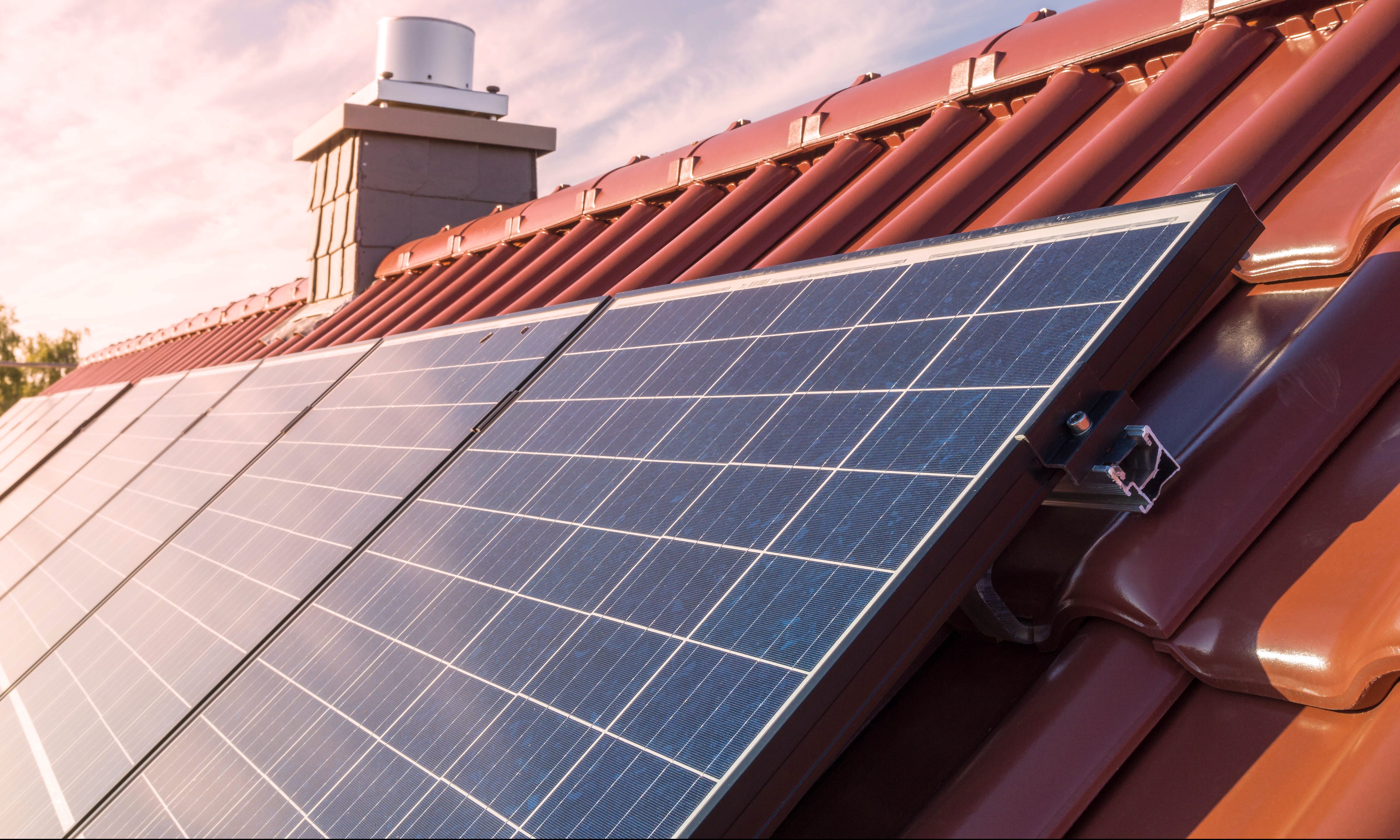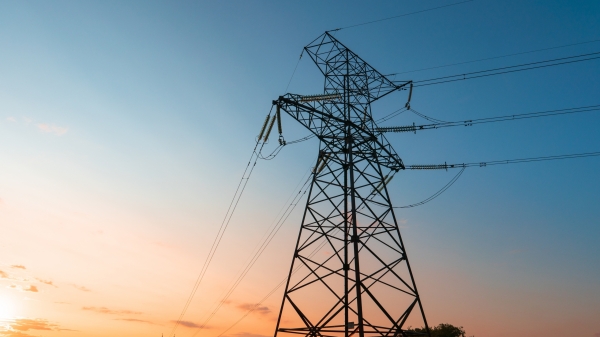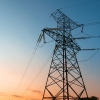The fate of Alabama Power’s extra fees to customers with rooftop solar panels now rests with the Alabama Public Service Commission, although it was unclear Thursday when a decision would come or whether there will be a public hearing on the matter.
Alabama Power, which provides electrical service to about two-thirds of the state, says the extra fees are needed to offset costs the company says are associated with providing backup power to customers with rooftop solar panels.
Solar energy advocates argue, however, that Alabama Power’s extra fees are unfair, unsupported by evidence of real customer data and discourage homeowners from using clean solar energy to lower their power bills.
Alabama Power hasn’t always charged this extra fee.
The Alabama Public Service Commission in 2012 ruled that the utility company could charge an additional monthly fee based on the size of the homeowner’s solar system. So, for example, if a homeowner installed a 5-kilowatt system, their bill would start at $25 a month, in addition to all other fees and electrical usage. This fee applies to homes, small businesses and schools.
The Southern Environmental Law Center filed a complaint with the PSC in April 2018 arguing that Alabama Power’s extra fees run counter to state law, were “unfair, unreasonable, unjust, discriminatory, contrary to the public interest and otherwise unlawful” and aren’t based on actual costs of providing electrical service to those solar customers.
Alabama Power spokesman Michael Sznajderman reiterated to APR on Tuesday that the extra fee is needed to offset those costs.
“There is a cost to having back-up power available to customers who demand it from the utility, including customers with solar systems who remain tied to the grid for backup service,” Sznajderman said. “Of course, individuals with solar systems who choose not to remain tied to the grid for backup service avoid any and all costs related to Alabama Power serving them.”
Sznajderman said that because the company has a pending matter before the PSC the company is limited in what it can discuss.
The SELC argues in its filings to the commission that at the time of the fee increase Alabama Power hadn’t conducted studies to determine what actual costs and benefits are associated with customers with rooftop solar and that the PSC approved the changes without holding hearings, hearing testimony from Alabama Power or taking public comments.
The SELC in this matter is representing the Birmingham-based environmental nonprofit GASP, and there are two additional co-plaintiffs represented by another firm, Birmingham-based Ragsdale LLC.
In its responses, Alabama Power told the commission that without the additional fees, the costs associated with providing backup electricity to solar customers might otherwise be paid by customers who don’t have solar.
In fact, the power company told the PSC in a filing that the earlier estimate of that cost was low, and that the company wants to increase the fee from $5 per kilowatt-hour to $5.42 per kilowatt-hour.
Asked by the PSC whether Alabama Power had studied any costs or benefits associated with solar customers, the company responded in a filing by saying that it had not, but instead conducted a “cost of service” analysis. Conducting those studies could take up to three years, Alabama Power told the commission.
During testimony, Alabama Power’s expert, Natalie Dean, regulatory pricing manager for the utility, was asked by an SELC attorney about a study done by Southern Company, Alabama Power’s parent company, called “A Framework for Determining the Costs and Benefits of Renewable Resources.”
Dean responded that she had seen the document, but that Alabama Power “did not use this document” in determining its fees to customers with solar systems.
Asked if Alabama Power performed an independent assessment of the costs and benefits to the company before setting those solar fees, Dean said that it had not, but that it conducted an “embedded cost of service analysis.”
In testimony and other filings, Alabama Power’s analysis used hypothetical solar customers as a model to determine possible costs associated with providing backup power.
The SELC’s expert, Karl Rabago, former deputy assistant secretary at the U.S. Department of Energy and director of the Pace Energy and Climate Center, testified that Alabama Power should have used actual customer data to better determine the costs and benefits before setting the fees, not hypothetical customers. Doing so is standard practice, he said.
The SELC attorney asked Dean if she was aware that the Georgia analysis showed that the benefit of customers with rooftop solar systems actually exceeded costs to the company, and Dean replied that she was unaware of that.
In December 2018, the SELC asked the commission to hold a public hearing on the matter, as it had asked in previous filings.
“A fair and open hearing on this matter would be beneficial to all parties and the public,” the SELC attorney wrote.
Alabama Power in January 2019 filed a motion in opposition to a public hearing, arguing that the commission isn’t required to hold a public hearing unless the “Commission determines to investigate the rate or service made subject of the complaint.”
The Alabama Center for Sustainable Energy, which goes by Energy Alabama, later joined in SELC’s fight against Alabama Power’s extra fees. The nonprofit formed in 2014 to advocate for a transition to clean energy in Alabama.
“We don’t know that it will happen,” said Daniel Tait, Energy Alabama’s chief operations officer, speaking to APR about the possibility of a public hearing. “My best guess is that it won’t happen … These policies were put in place, specifically by the power company, to stop solar development, because that’s a competitor. That’s a threat to their business model.”
Keith Johnston, managing attorney for SELC, told APR on Thursday that he believes Alabama Power’s solar fees are a blatant attempt to discourage solar use.
“And every utility is not like this. Other utilities are trying to embrace it,” Johnston said, pointing to Georgia, South Carolina and Louisiana.
Georgia Power, which along with Alabama Power is a subsidiary of Southern Company, dropped a similar solar fee proposal in 2013 that would have added about $27.80 per month to solar customers’ bills.
The Georgia Public Service Commission in November 2013 found that Georgia Power hadn’t proven that solar customers were dodging costs.
Georgia’s all-Republican, five-member Public Service Commission voted unanimously last month to direct Georgia Power to nearly double the giant utility company’s solar capacity, according to the Atlanta Journal-Constitution.
Questions to PSC about whether a public hearing will be held, or when a vote might take place, went unanswered. PSC spokeswoman Angier Johnson in an email to APR on Wednesday replied that it would not be appropriate for the commission to respond to questions because it is an ongoing proceeding.
National Public Radio reported in June that Alabama Power has the highest backup fee based on the size of the residential solar system among all other large, investor-owned utility providers in the U.S.
The next regular PSC meeting is set for Sept .10. The agenda that sets what is to be deliberated in the meeting will likely be released around Sept. 6.
Alabama Power Response to Motion for Hearing





















































